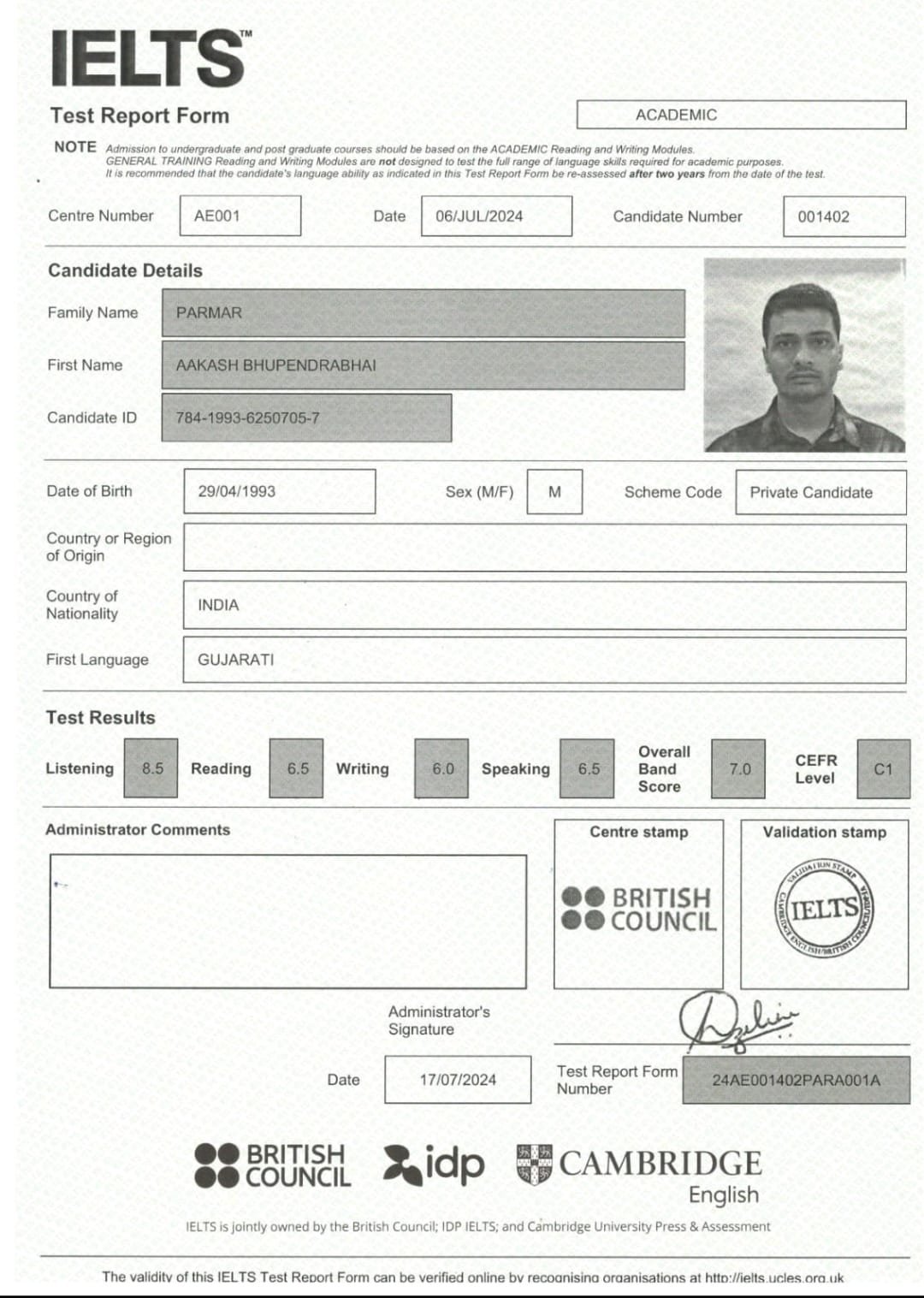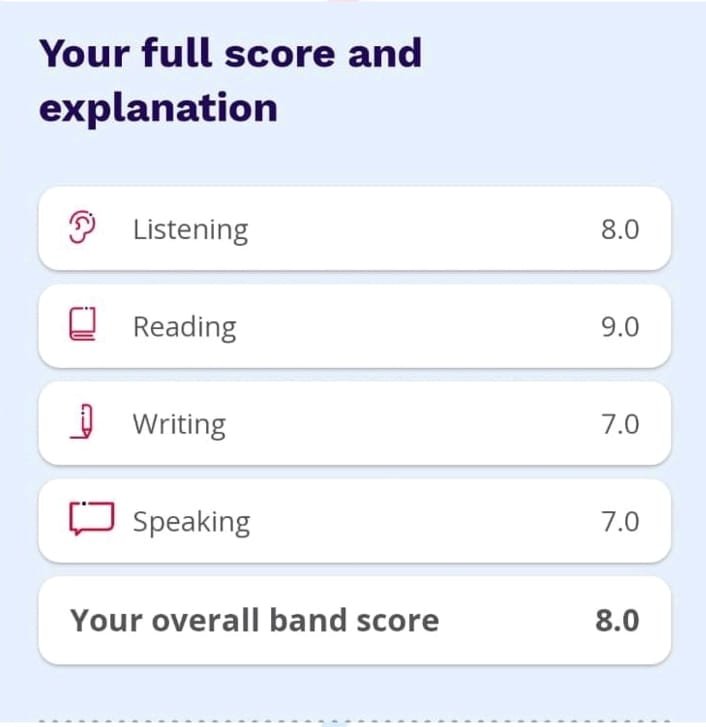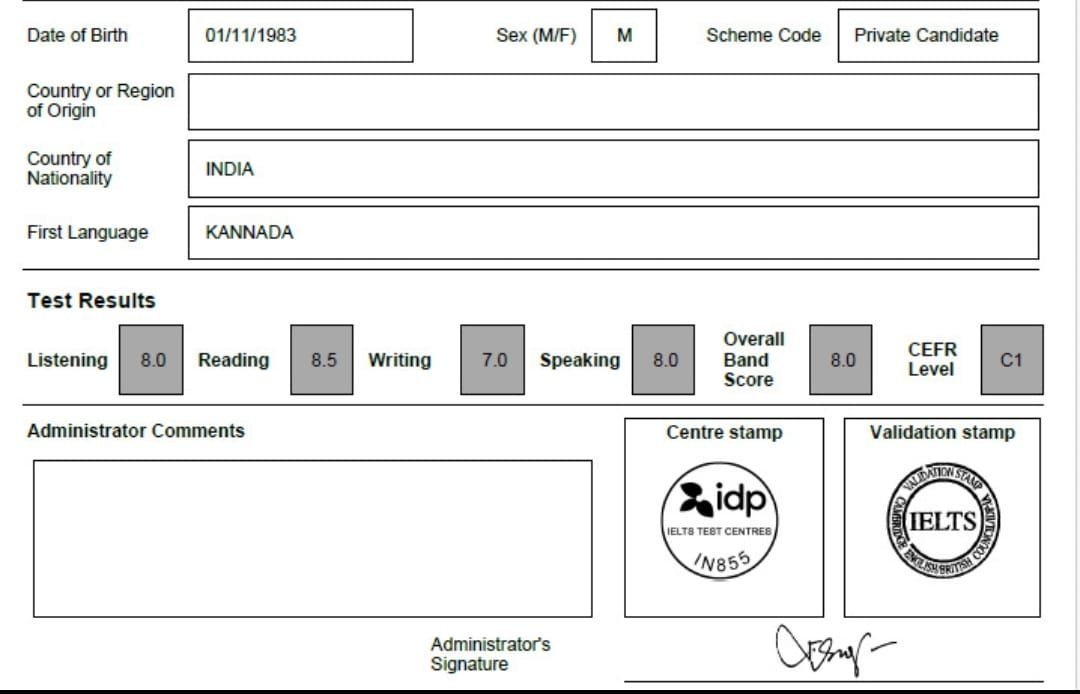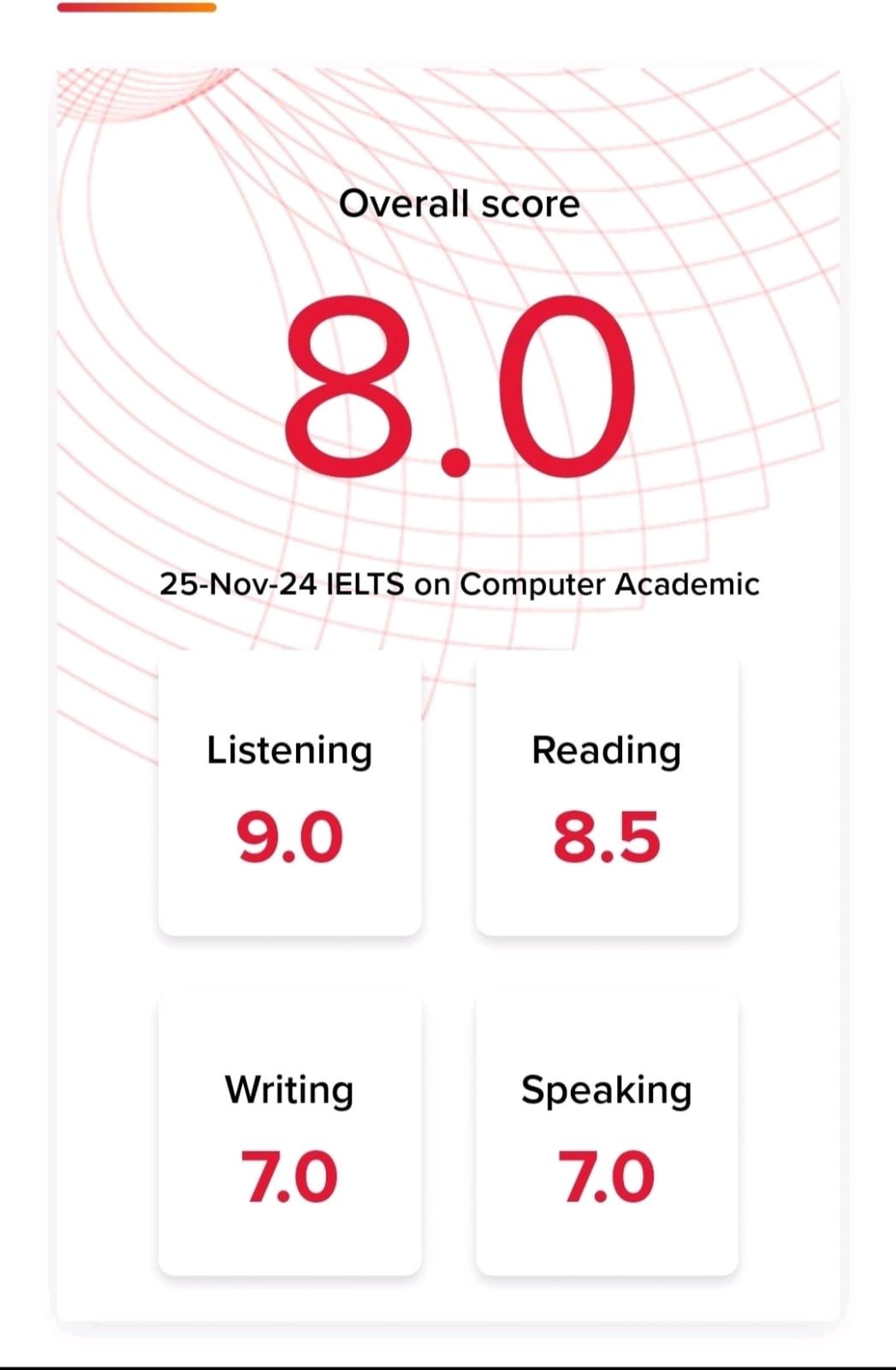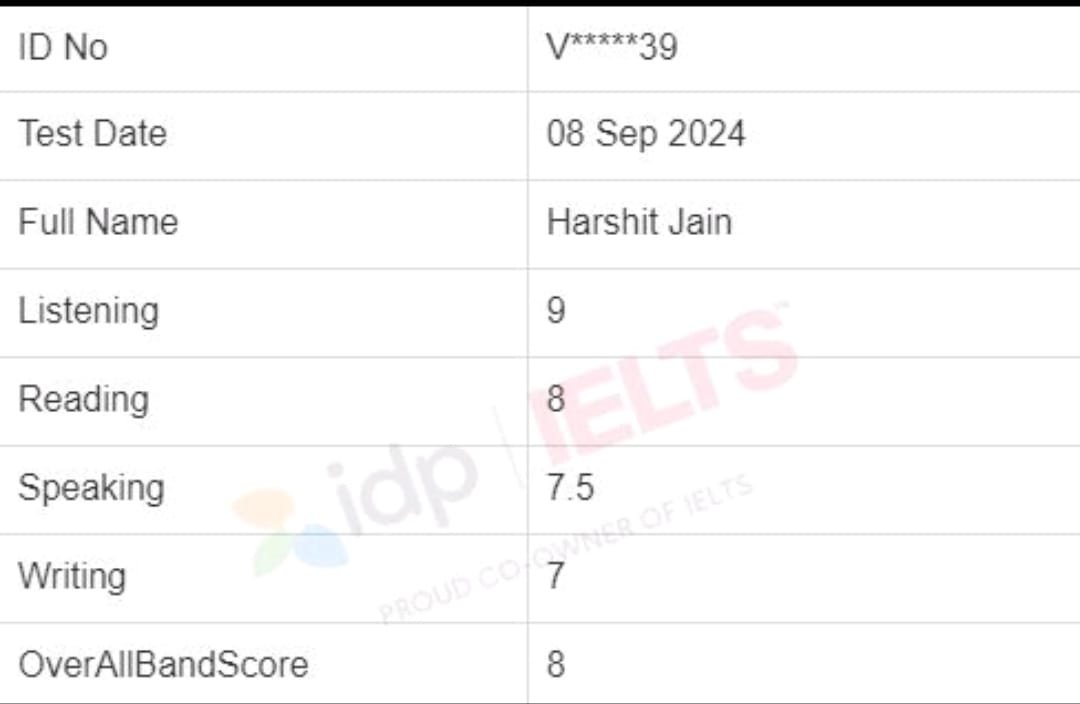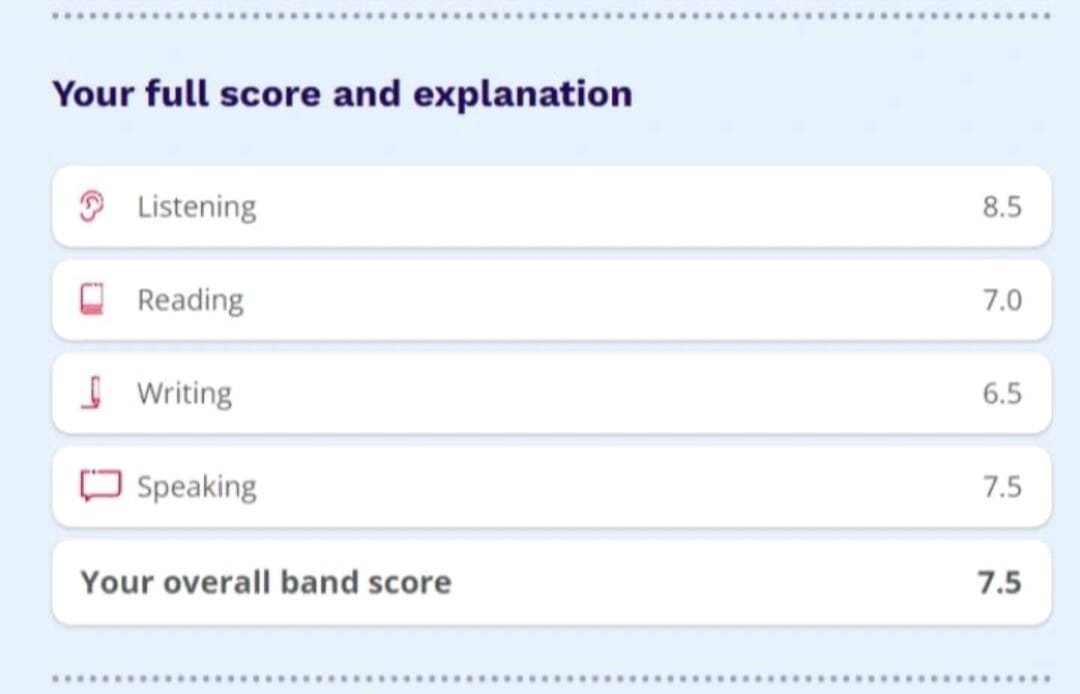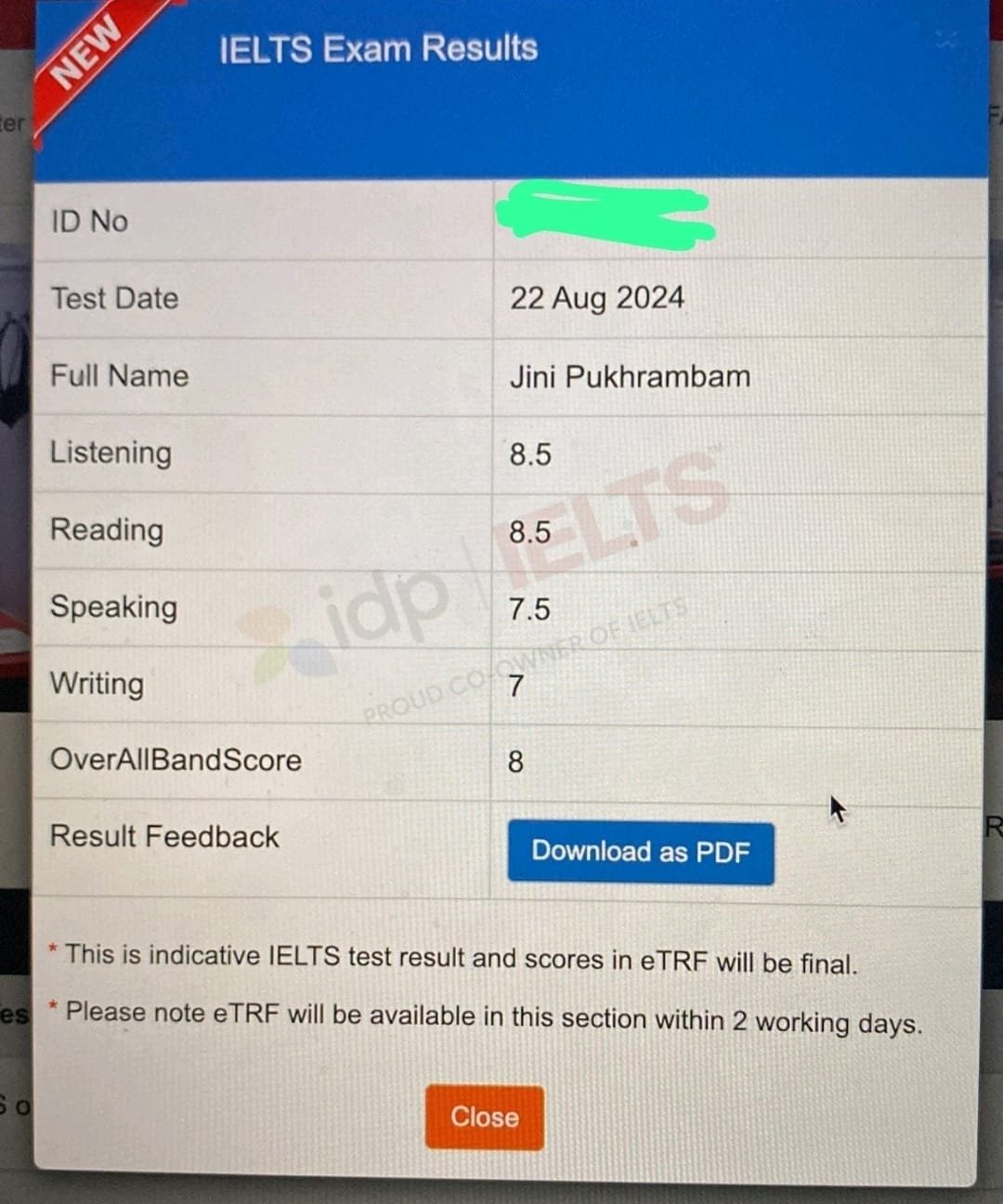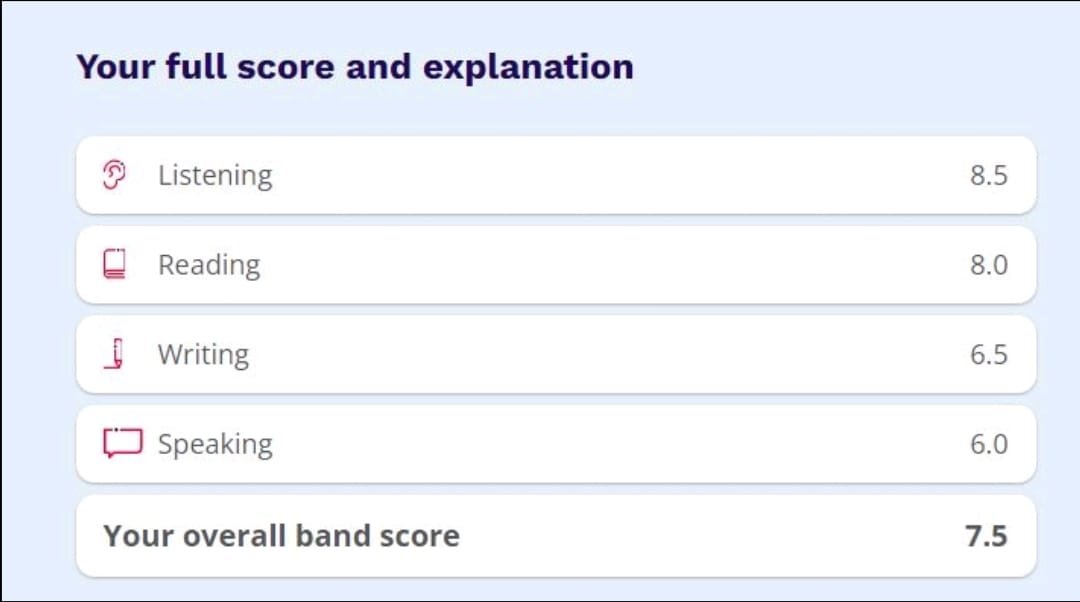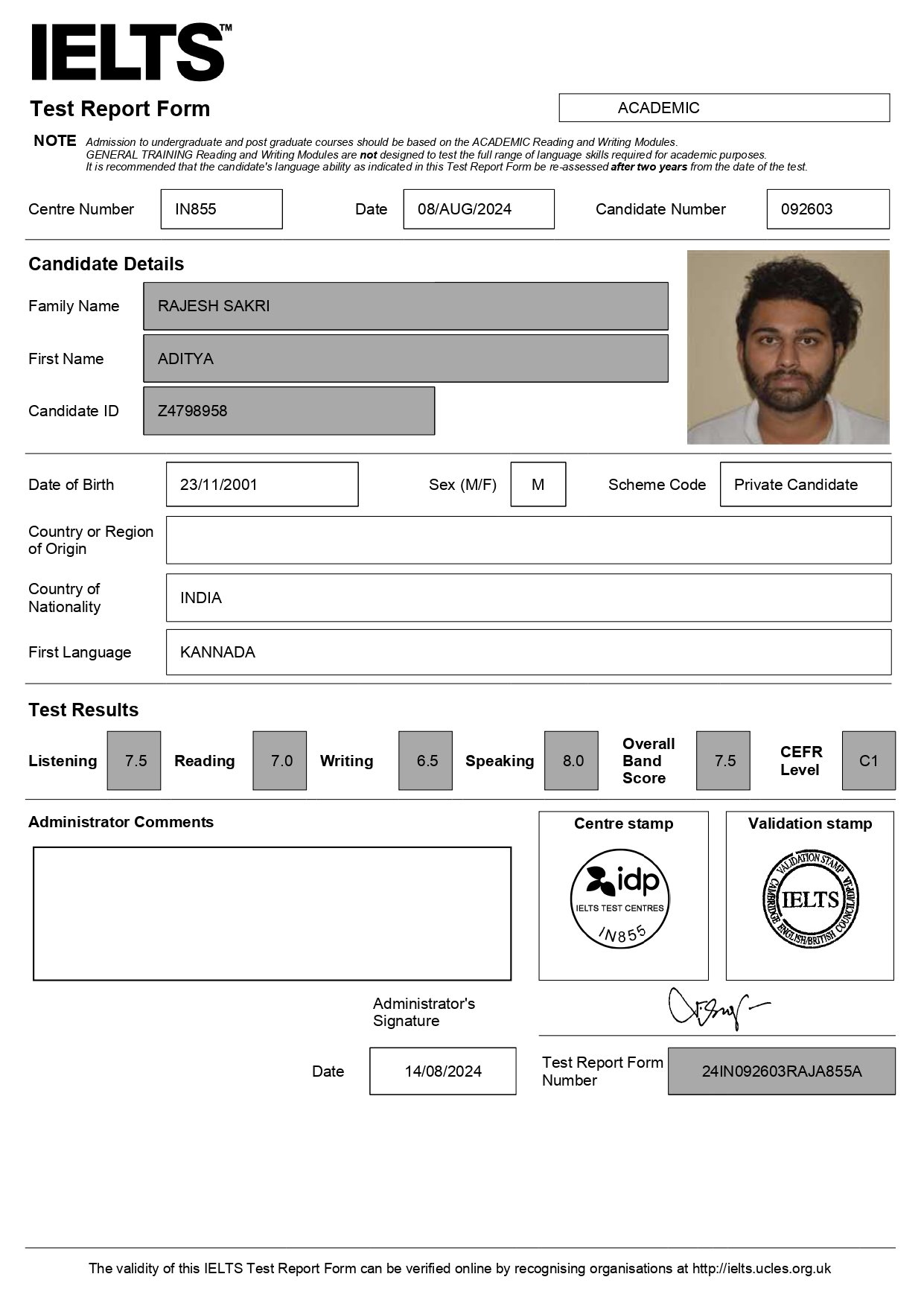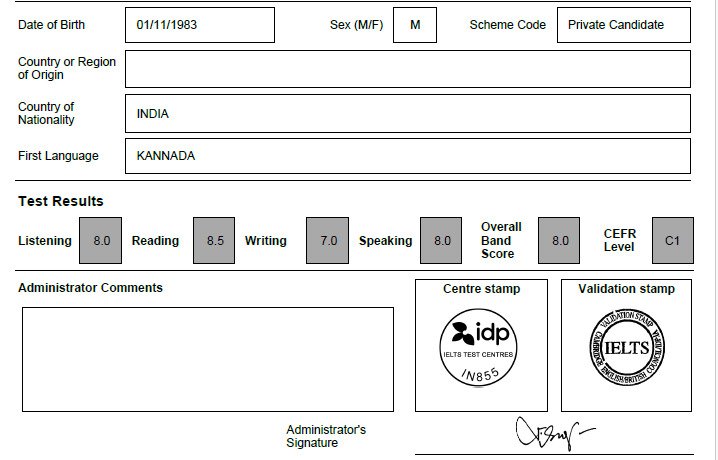
13+ years as an IELTS trainer has taught me that for many students, the Listening test is a very challenging one. I have further guided thousands of candidates to build their listening skills and achieve their target scores over the years. If you are ever pondering how to crack the IELTS Listening test, allow me to unravel some fruitful techniques and general tips to help you through the entire process.
Understanding the IELTS Listening Test
The IELTS Listening test consists of four sections with a total of 40 questions. You will listen to four recordings, each becoming progressively more difficult. These recordings include:
- A conversation between two people in a social setting.
- A monologue on a general topic.
- A conversation between multiple speakers in an academic setting.
- A monologue on an academic subject (e.g., a university lecture).
Each recording is played only once, so active listening is key.
Step-by-Step Strategy for a High Score
1. Familiarize Yourself with the Test Format
Before attempting the test, make sure you know the types of questions that appear, such as:
- Multiple-choice
- Fill-in-the-blanks
- Matching information
- Sentence completion
- Short-answer questions
Knowing what to expect will help you focus better during the test.
2. Develop Active Listening Skills
One of the biggest mistakes test-takers make is passive listening. Instead of just hearing the words, train yourself to actively listen by:
- Identifying keywords and synonyms.
- Noting the speaker’s tone and emphasis.
- Predicting possible answers before listening.
3. Practice with Different Accents
IELTS recordings feature a range of English accents, including British, American, Australian, and Canadian. To get used to these variations, listen to:
- BBC News
- TED Talks
- Podcasts in different English accents
- IELTS practice recordings
4. Master Note-Taking Techniques
During the test, you need to write quickly while listening. Practice jotting down key points without trying to write full sentences. Use abbreviations and symbols to save time.
5. Improve Your Spelling and Grammar
Since incorrect spelling and grammar can cost you points, always double-check your answers. Common errors include:
- Mishearing words
- Spelling mistakes
- Incorrect plural or singular forms
6. Use Time Wisely
At the end of each section, you get time to review your answers. Use this time to:
- Check for grammatical errors.
- Ensure correct spelling.
- Verify that your answers match the question format.
Common Challenges and How to Overcome Them
1. Losing Track During the Recording
If you miss an answer, don’t panic! Move on to the next question and try to pick up the flow of the conversation again.
2. Not Understanding Some Words
Even if you don’t know a particular word, focus on the overall context to infer the meaning.
3. Difficulty in Multi-Speaker Conversations
Train yourself to recognize different speakers by their tone, accent, and role in the conversation.
Final Tips for Success
- Take full-length practice tests under real exam conditions.
- Listen to English content daily to build your listening stamina.
- Read the instructions carefully to avoid unnecessary mistakes.
- Stay calm and focused—stress can lead to careless errors.
The IELTS Listening test is not just about hearing words but understanding meaning, tone, and context. With consistent practice and the right strategies, you can boost your listening skills and achieve your target score.
If you need more personalized guidance, I’m here to help! Let’s work together to ensure your IELTS success.
Need IELTS coaching? Visit YourLocalIELTSCoach.com for expert guidance, personalized study plans, and top-notch resources to help you achieve your IELTS goals.



